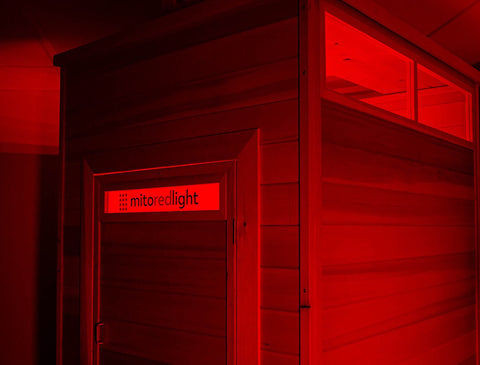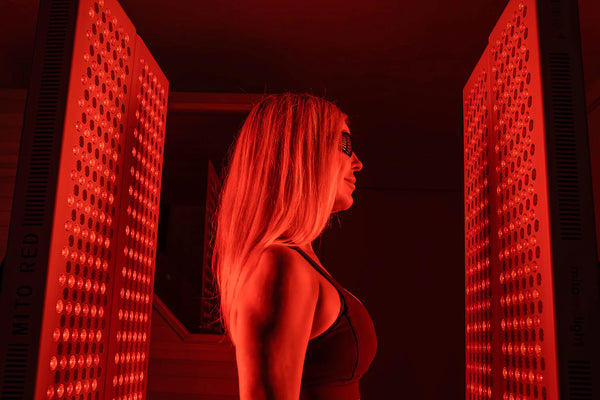Abstract
The global number of people with Alzheimer's disease (AD) doubles every 5 years. It has been established that unless an effective treatment for AD is found, the incidence of AD will triple by 2060. However, pharmacological therapies for AD have failed to show effectiveness and safety. Therefore, the search for alternative methods for treating AD is an urgent problem in medicine. The lymphatic drainage and removal system of the brain (LDRSB) plays an important role in resistance to the progression of AD. The development of methods for augmentation of the LDRSB functions may contribute to progress in AD therapy. Photobiomodulation (PBM) is considered to be a non-pharmacological and safe approach for AD therapy. Here, we highlight the most recent and relevant studies of PBM for AD. We focus on emerging evidence that indicates the potential benefits of PBM during sleep for modulation of natural activation of the LDRSB at nighttime, providing effective removal of metabolites, including amyloid-β, from the brain, leading to reduced progression of AD. Our review creates a new niche in the therapy of brain diseases during sleep and sheds light on the development of smart sleep technologies for neurodegenerative diseases.
Keywords: Alzheimer’s disease; beta amyloid; brain drainage; brain lymphatic system; mechanisms; neurodegenerative diseases; photostimulation; phototherapy; sleep; smart sleep technologies.




















